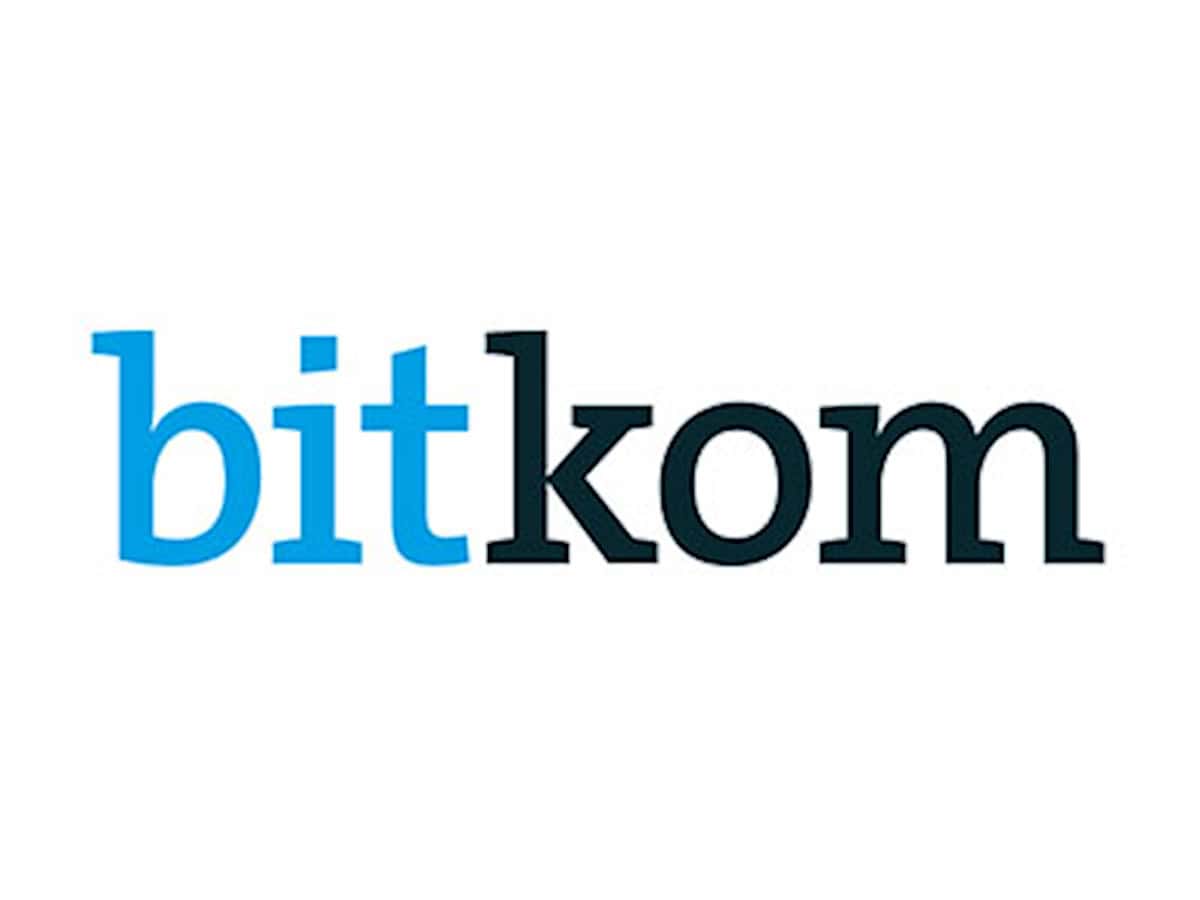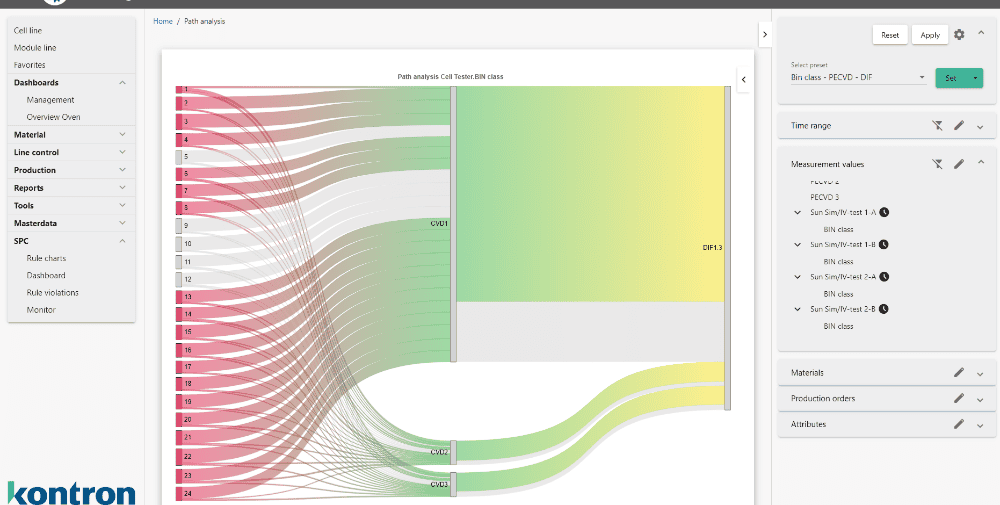
“Open source has continued to gain attention. Without open source solutions, our economy would grind to a halt, and at the same time they are a driver of innovation, for example in cloud technologies or artificial intelligence,” says Bitkom President Dr. Ralf Wintergerst.
Open source is software for which the source codes are disclosed and whose license allows the software to be freely executed, analysed, adapted and distributed in both unmodified and modified form. 61% of companies explicitly state that they are open to open source, compared to 53% in 2023. The proportion of companies with an open source strategy has also increased from 32% in 2023 to 37% today. 4 in 10 (42%) expect the importance of open source software in their own company to increase in the future. “Open source has established itself in Germany, but there is still a lot to do. Open source should be approached strategically. This means defining goals, defining responsibilities and making resources available,” says Wintergerst.
Companies see cost savings (26%) as the biggest advantage, closely followed by the ability to access the source code (19%). Among other things, this makes it possible to make individual adjustments, but also to check for possible security vulnerabilities. The main reasons against the use of open source software are a lack of specialists in the company (2o percent), the unclear warranty situation (15 percent) and legal uncertainties regarding the licensing obligation (13 percent).
These and other results, including on the subject of compliance, practical application examples and use in public administration, are contained in Bitkom’s “Open Source Monitor 2025”. It will be presented tomorrow at the digital association’s Open Source Forum in Erfurt and will then be available for free download at: www.bitkom.org/Open-Source-Monitor-2025.
– – – – – –
Further links
👉 www.bitkom.org
👉 Forum Open Source 2025
Photo: pixabay




